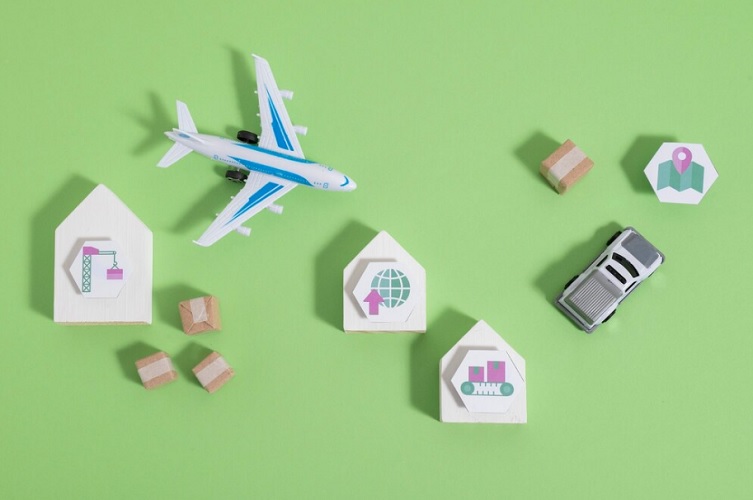Lufthansa Cargo is set to revise its Airfreight Surcharge (ASC) starting January 1, 2025, to reflect the rising costs of sustainable aviation fuel (SAF) resulting from new mandatory blending regulations. The airline will incorporate these additional environmental costs into its pricing, particularly for flights originating from European Union (EU) countries, where a 2% SAF blending rate will be mandated.
Countries like Singapore and India are also establishing their own SAF quotas, with Singapore requiring a 1% SAF blend by 2026 and India planning quotas ranging from 1% to 5% by 2027. The EU aims to increase its blending rate to 6% by 2030, while the UK and Japan are setting even more ambitious targets of 10%.
Lufthansa Cargo emphasizes that the escalating costs of SAF cannot be shouldered solely by the airline industry. Although SAF is essential for reducing carbon emissions, it remains up to five times more expensive than traditional jet fuel, with supply still limited. The airline is calling on policymakers for stronger support to help cultivate a competitive SAF market.
The Airfreight Surcharge, introduced in 2015, is designed to account for fluctuating operational costs, including fuel and security. This surcharge is adjusted based on a cost index that Lufthansa Cargo monitors closely. From 2025 onwards, SAF costs will also be factored into this index.
In line with its goal of achieving carbon neutrality by 2050, Lufthansa Cargo has set ambitious sustainability targets. The airline aims to reduce its CO₂ emissions by 50% by 2030 compared to 2019 levels, leveraging SAF, modern aircraft, and improved operational efficiency. Its “Sustainable Choice” program allows customers to minimize their carbon footprint through SAF credits and climate protection initiatives.
Blending SAF with conventional jet fuel can reduce carbon emissions by up to 80% over its lifecycle. However, given its high production costs and limited availability, Lufthansa Cargo stresses the importance of government intervention to promote broader adoption of this vital fuel.





